Lessons Learned on Nature-based Solutions (NbS) for Climate Change Adaptation in Coastal Cities and Island Systems
– 17-19 January 2024, Cartagena – Colombia –

– 17-19 January 2024, Cartagena – Colombia –
The objective of this workshop was to identify and evaluate existing NbS for climate change adaptation in Colombia and to showcase to different stakeholders the knowledge and experiences of other countries in the implementation of NbS for adaptation. This workshop generated a dynamic space of participatory discussion regarding, among others, challenges in the design, implementation and impact evaluation of NbS for adaptation, the benefits of NbS in coastal cities for reducing exposure and vulnerability, and their relationship with mitigation efforts and other societal challenges.
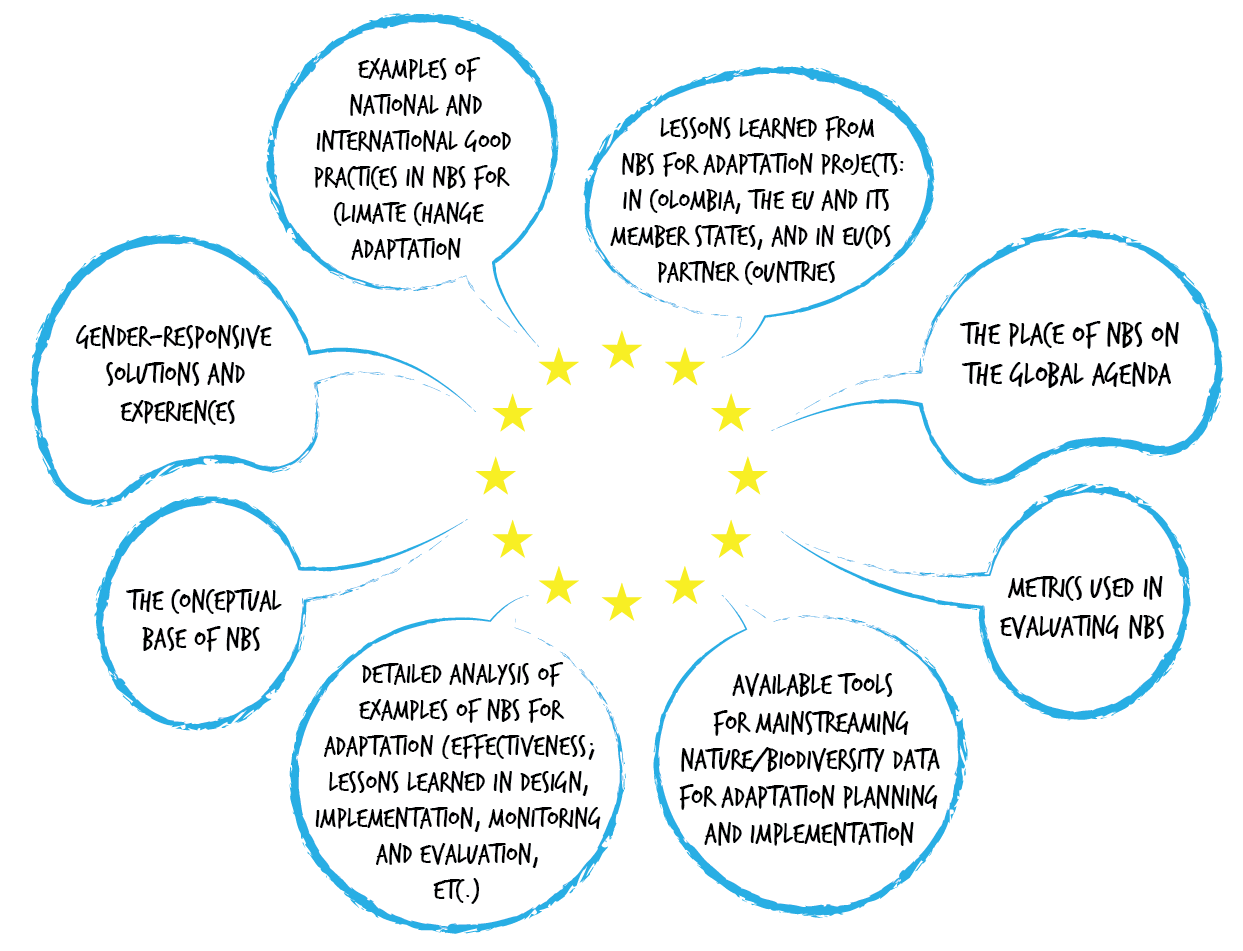

The construction of the conceptual base of NbS is an ongoing process. For this reason, talks by international and national experts were a key element of the workshop, in order to establish a common understanding of what NbS are, their place on the global agenda and relative to climate change adaptation, and examples of good practices and lessons learned both nationally and internationally.
The experts who participated are listed below.


Director of Research, IH Cantabria (virtual participation)
Nature-based Solutions on the Global Agenda and the Normative Framework
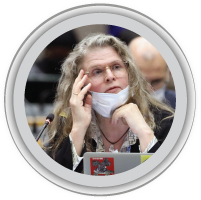

DG Environment, European Commission (virtual participation)
Nature-based Solutions: The EU context
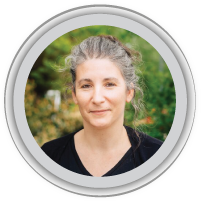

Senior Researcher, Leibniz Centre for Tropical Marine Research (ZMT)
Nature-based Solutions for Climate Change Adaptation in Coastal Cities and Island Systems in Colombia: A “mangrove ecology” perspective


Senior Researcher, Institute of Marine Sciences and Limnology, National Autonomous University of Mexico
Best practices in Nature-based Solutions: Coral reefs


Senior Researcher, Institute of Engineering, National Autonomous University of Mexico
Coastal Green Infrastructure around the World


Pontificia Universidad Bolivariana, Leader of the Coral Reefs Component, CEMarin Associate Researcher
Solutions Based on Coral Reefs


National University of Colombia, Chair of the Colombian Network on Estuaries and Mangroves, Leader of the mangroves and seagrass ecosystems component
Solutions Based on Mangrove Forests and Seagrass Prairies for Mitigation and Adaptation to Climate Change


National University of Colombia, CEMarin Executive Director, Project Leader
Solutions Based on Hybrid Systems
Space was given in the agenda to several short talks by representatives of some of the most relevant public entities related to NbS for climate change adaptation in Colombia, with the objective of clarifying the approaches of different organisations to this topic and the current national situation in terms of policies, strategies and collaboration. The participants who gave short talks are listed below:

Nature-based Solutions Group, Directorate of Environment and Sustainable Development, National Planning Department (DNP)
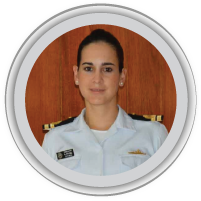
Head of the Strategic Management Area / Colombian Ocean Commission (CCO)

Head of the IOC-UNESCO Regional Secretariat for IOCARIBE

Advisor in the Vice Ministry of Environmental Policies and Standardization / Ministry of Environment and Sustainable Development - Directorate of Marine, Coastal Affairs and Aquatic Resources

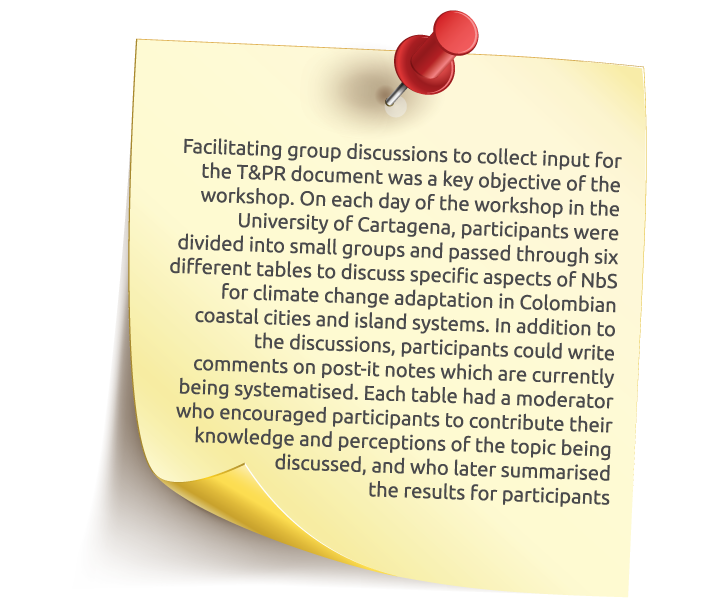
Prior to the workshop, we invited participants to send us information about existing SbN projects in which they are participating or have participated. We presented this information in the form of 21 digital posters. On Friday 19th January 2024 we held a session of “lightning talks” in which participants who submitted information had only three minutes to present their key message about the project. The poster session was highly dynamic and we believe that, firstly, it helped to contextualise the theoretical sessions of the previous day and demonstrate the challenges and opportunities of NbS for climate change adaptation in real case studies.

Recognising that many stakeholders who work in distinct sectors and fields related to NbS are based in Colombia’s major cities – generally in the mountains and far from the county’s two coastlines and insular systems – we proposed and executed a one-day field trip to Barú, near Cartagena, with the following objectives:
–
We visited the Rosario Islands Oceanary – CEINER research centre where participants received a talk by some of the centre’s experts regarding the importance of coral reefs for marine-coastal ecosystems and communities (in general and specifically related to climate change), the vulnerabilities of coral reefs to climate change, and different coral reef restoration processes. There was then a space for questions and answers, principally regarding the experts’ perceptions of the main challenges and opportunities they face in their work, and how they could articulate with different actors to improve their capacities.
We later visited local mangroves where Dr José Ernesto Mancera (Professor at the National University of Colombia, Chair of the Colombian Network on Estuaries and Mangroves, and Leader of the mangroves and seagrass ecosystems component of this project) gave a talk regarding the importance and potential of mangroves and seagrasses as NbS for climate change adaptation, and Dr Andrés Osorio (Professor at the National University of Colombia, CEMarin Executive Director, and the Project Leader) discussed issues related to coastal erosion.
The final event of the workshop was a panel discussion focused on the sectors of resilient infrastructure and food security, as a preliminary activity to help planning for the second workshop which will focus specifically on these two sectors. The participants were:
Director of the Observatory of Maritime and Port Activities, University of Cartagena
Ministry of Transport
National Unit for Disaster Risk Management
National Aquaculture and Fisheries Authority (AUNAP)
Federation of Artisanal Fishers and Aquaculturists of the Gulf of Urabá